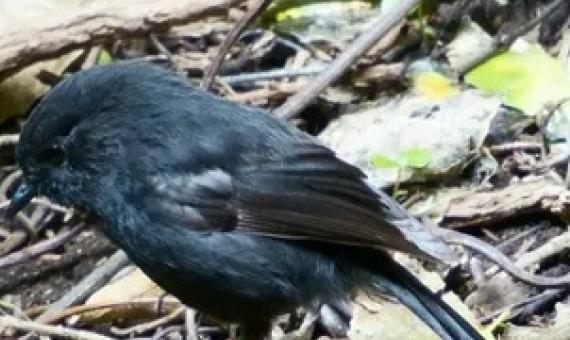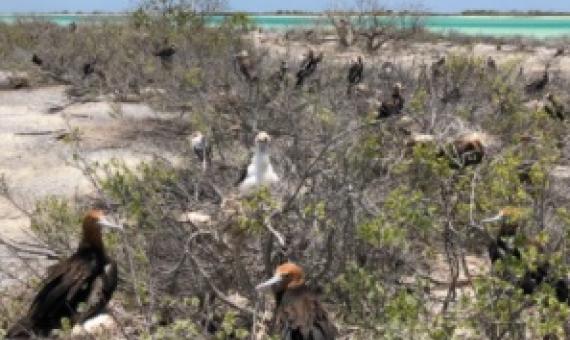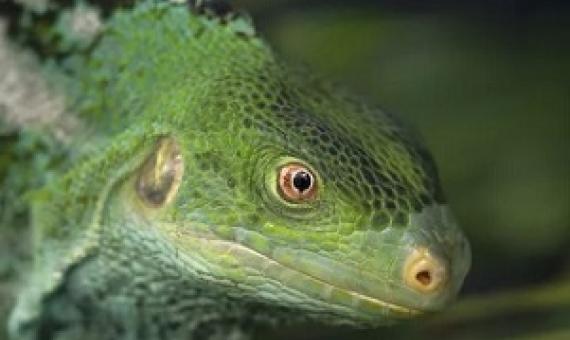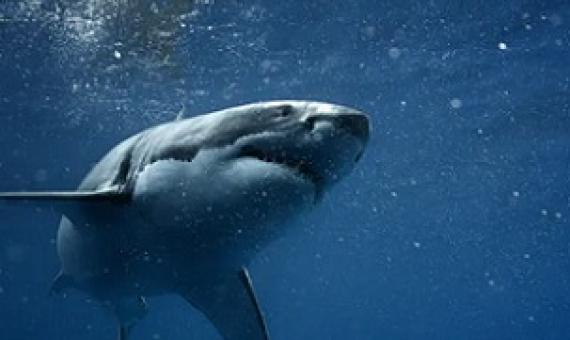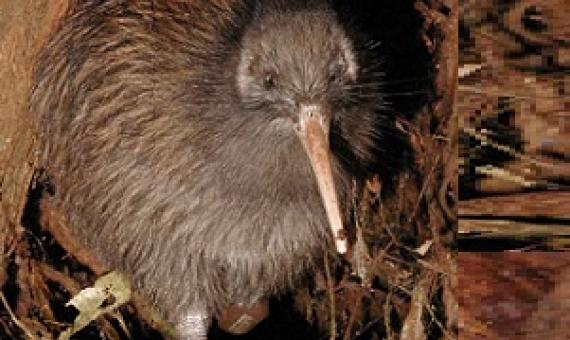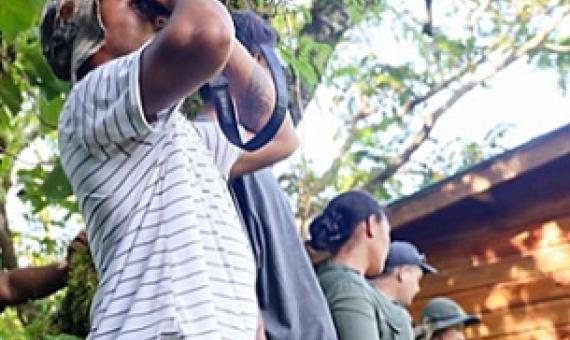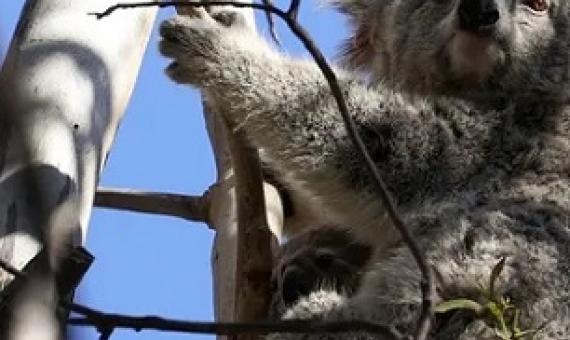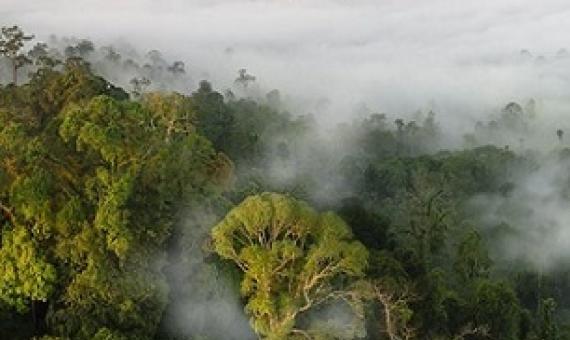Down to just one breeding pair 40 years ago, the bird bounced back after extraordinary efforts – now its survival is again under threat.
The project is designed to carry out four major key activities that includes but not limited to, the development of a management plan for the 9 protected areas and undertake to provide key equipment and tools required to carry out effective and well-coordinated patrolling, protection and monitori
“Vanuatu is blessed with a diverse and productive marine environment, and our marine species, such as fish, turtles and seabirds are part of our cultural heritage,” said Esline Garaebiti, Director General, Ministry of Climate Change, Meteorology and Geo-hazard, Environment, Energy and Disaster Ma
Fijian iguanas have been making a home at the San Diego Zoo for more than 50 years. The prince of Tonga gave the zoo six Fiji banded iguanas in 1965, and the first hatchling was born in 1981.
Nature rarely recognises national borders. Many Australian birds, for example, are annual visitors, splitting their time between Southeast Asia, Russia, and Pacific Islands.
Releasing a higher number of kiwi into large predator-controlled areas could increase the success of efforts to help their survival in the wild, new research shows...Translocations are intentional movements of wildlife by humans from one place to another and are often used in conservation managem
Work to save Samoa’s endangered national bird continues with two Manumea-friendly villages, the latest recipients of support through the Biodiversity and Protected Areas Management Project...the goal of the project is to support the two villages work towards improving the livelihoods of the local
The New South Wales government has set a target of zero extinctions of native wildlife in the state’s national parks estate, the first time an Australian government has set the goal.
We have a slow food movement and a slow travel movement. But we’re missing something, and its absence contributes to our escalating crisis. We need a slow ecology movement, and we need it fast.
In 2017, an evolutionary biologist named R. Alexander Pyron ignited controversy with a Washington Post commentary titled “We don’t need to save endangered species.

